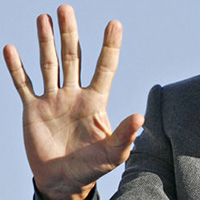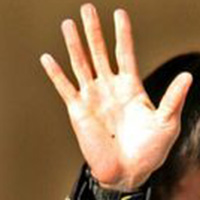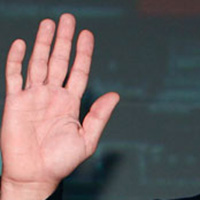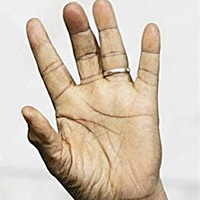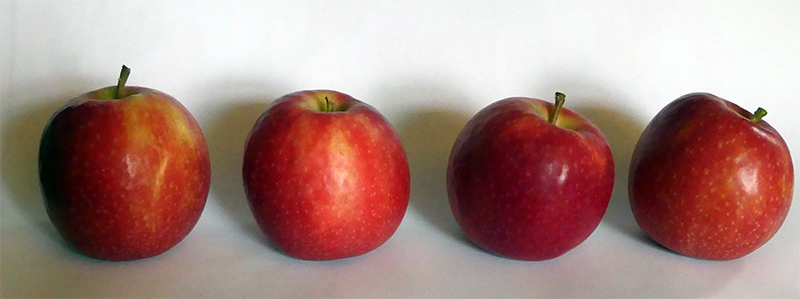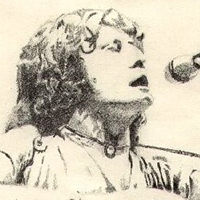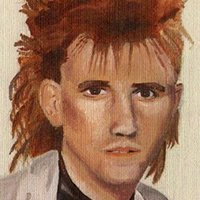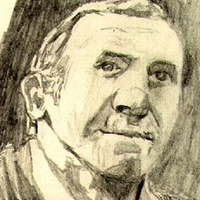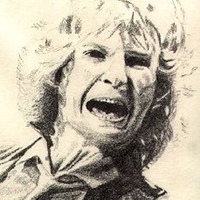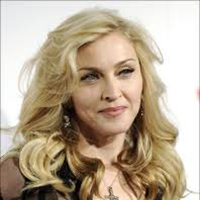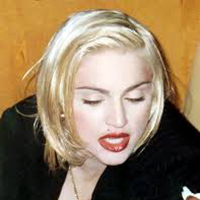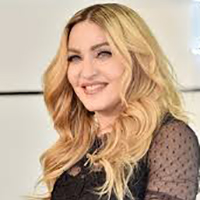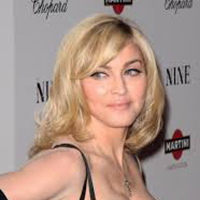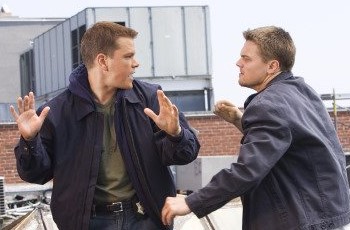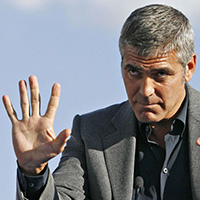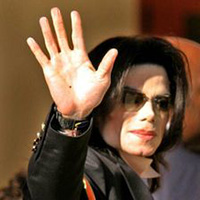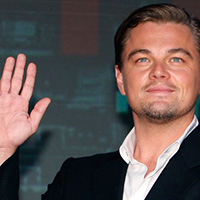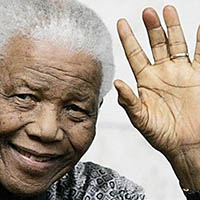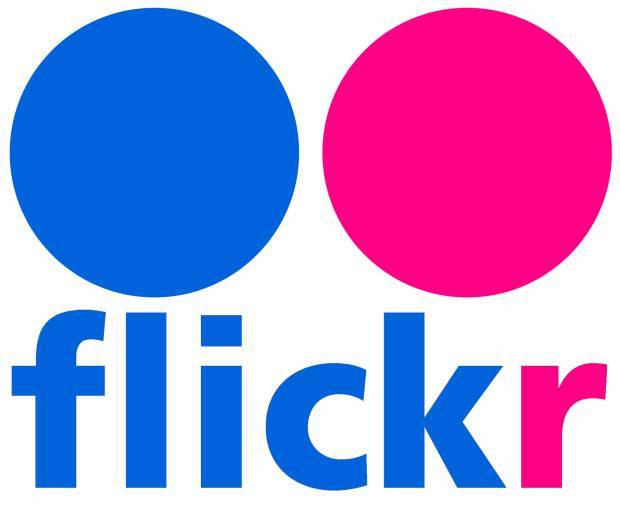 |
Me on Flickr |
 |
Me on |
Book: Plastic Viking Helmets
Coming back soon:
Virtual Adam

Face blindness (prosopagnosia) and me
Prosopagnosia can be defined as "a cognitive disorder of face perception where the ability to recognize familiar faces, including one's own face (self-recognition), is impaired, while other aspects of visual processing (e.g., object discrimination) and intellectual functioning (e.g., decision making) remain intact." (That's from Wikipedia) Some people describe and experience it as a disability. It has a few different forms. This page is about my personal experience. Background: I'm a UK male born in the early 1960s, and father of two children. I am a university lecturer (what's called a "professor" in the USA and elsewhere). I think I've probably always been face blind but wasn't aware that most people were not until I was over forty years old. I have above average IQ (despite blond moments) and as far as I can tell my brain functions more or less normally except for this one aspect. My memory is normal, as is my vision. Though it does impact on my life (I don't easily recognise my own children, for example, and struggle to recognise my students), I think of it as kind of quirky and interesting, and not a medical condition. Although I have quite severe face blindness, as impairments go it's a relatively OK one to have (I can think of plenty of afflictions I'd not swap it for!). Hence I'm not in favour of medicalising it, and I prefer the plain term "face blindness" over the classical Greek form "prosopagnosia" in every day discussion, and for public awareness (why use classical language for public awareness which is impenetrable to most of the public?). As a psychology lecturer I can switch to the technical term for more technical discussions, but not to make it sound exotic, or me sound educated. That's my personal view, and I respect others.
I have lots of ways of coping, the most obvious being that this is a problem with faces only, so I have the same chance of recognising someone by hairstyle, clothing, context, stature, gait, voice etc as anyone else. There are lots of people that any of us can recognise from behind, and I can do that the same as anyone. I don't know whether it's a learned compensation but I'm relatively good at recognising voices. The way I see it: normally people are born with an enhanced memory for faces - a special ability that makes faces easier to process and recognise (much like we have a special ability to learn language). I don't have that. So I'm as likely to recognise someone by their face as I am by their hand (I pinched that analogy from someone on the Facebook group). Or, I'm as likely to recognise a face I've seen before as an apple I've seen before. The Wikipedia article has this to say
Imagine your mobile phone didn't store contacts and recognise numbers, so it doesn't say who is calling, just shows their number. That's how I start many face to face encounters. Can you recognise these famous people? (Answers at the bottom of this page.)
And like apples, I can see faces, draw a likeness of one in front of me, see differences between them, and decide whether one is attractive or not. I just find it hard to recognise a particular one if I see it again. (That's my experience, other people experience face blindness differently.) The time I most struggle is when I can see only a face. For example very close up face photos, or when my children would be in a school play all dressed the same with some kind of headware (angels, kings, etc) then I wouldn't know which was mine. If you saw one of these again, would you know which it was (without trying to learn)?
Some face blind people have trouble actually perceiving a face. I don't - for me it's about remembering it for later. These are drawings and a painting that I have done. I know who they are because I remember doing them, but to be honest I wouldn't know who these were if it weren't for distinguishing features like hair, instruments, etc. and my memory of doing them. You might not recognise all of them because they are a bit obscure (and from the past!) but these are all famous people I am quite used to seeing. They are all copied from photos, and when I did them I knew they were reasonable likenesses.
If I'm watching a movie I struggle when two characters look similar (and to me most Hollywood stars look similar), or if one character has a change of appearance along the way. People who know me get used to me leaning over and asking "Which police officer is that?" or "Who's that?". Though, again, often voice, context or other clues give it away. I find it particularly hard to recognise people from photos. I think that's because a moving face contains a lot of other information (characteristic facial expressions, for example) that help me. I would have no way of realising that these four images are of the same person. I can never recognise Madonna because she always changes her hair!
I went through much of my adult life not realising that I was face blind, and just assumed everybody struggled and coped like I did. Having studied psychology as an undergrad and postgrad I have a certain amount of understanding of memory and perception in the brain. I lecture in psychology (and research methods), but my field is criminal and social psychology so I don't have very specialist knowledge about this. I work with people who do, and am lucky enough to be able to tap into colleagues' knowledge and ideas out of curiosity. I have certain strategies that I find work.
My most embarrassing face blind moment (that I'm aware of)? Calling at the home of my daughter's friend, to pick up my daughter, and asking the wrong girl if she was ready to come home. Andy Sutton, 2017
Celebrity hands:
And for those of us who can't recognise celebrities easily, these are: George Clooney, Michael Jackson, Leonardo DiCaprio, Nelson Mandella. |



